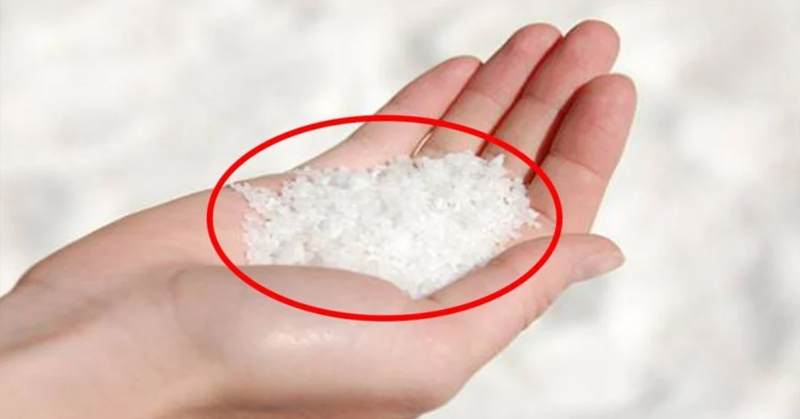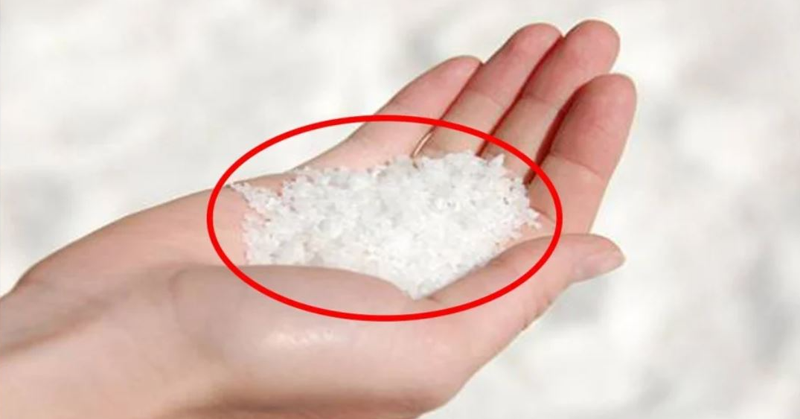Many people believe that tossing salt over your shoulder can ward off bad luck. If you’re curious about this age-old practice, continue reading to discover why folks throw salt over their shoulder, which shoulder is considered the right one to aim for, and the origins of this fascinating superstition.

Why is throwing salt over your shoulder good luck?

It is widely thought that spilling salt brings bad luck and invites evil spirits. In various cultures and religions, it’s believed that malevolent spirits lurk behind your left shoulder. Tossing salt over your left shoulder with your right hand is thought to blind these spirits and keep them from causing harm.
The belief goes that while you’re occupied cleaning up the salt spill, evil spirits can take advantage of you. In Latin, the word for “left” is “sinister,” which has led people to associate the left side with bad luck.
In Christian tradition, your left side is often linked with the devil and evil, while your right side is associated with goodness and angels.

In Buddhist culture, it’s a common practice to throw salt over your shoulder after a funeral to ward off bad spirits.
Interestingly, interpretations of this superstition vary. Some folks think it’s best to throw salt over your right shoulder, while others do it over both shoulders. Ultimately, the right shoulder is the one you feel most comfortable with.
The left side of the body is also considered the feminine side, the “receiving” side in terms of energy. Energy is believed to come in through the left side and flow out through the right side. Since evil energy is supposed to enter the body from the left, this practice of throwing salt over your left shoulder makes a lot of sense.
Origins of Throwing Salt Over Your Shoulder
In the ancient world, salt was extremely valuable, making it a significant loss if spilled, hence the association with bad luck. For thousands of years, salt has been cherished for its ability to season and preserve food. It was initially hard to produce, making it rare and costly. This rarity made spilling salt almost sacrilegious, leading people to develop practices to counteract bad luck.
– In ancient times, salt was so precious that battles were fought over its control.
– Many cities were established near salt mines to capitalize on its trade. For instance, Salzburg in Austria means “Salt castle” in German!
– Salt even served as currency in ancient Rome and other places. The word “salary” comes from “salarium,” which is derived from “sal” or “salt.” Though there aren’t official records, historians believe that Roman soldiers either bought salt with their money or were paid with salt.
– The importance of salt is evident in phrases like “Salt of the earth” and “They’re not worth their salt.”
In Christian beliefs, spilling salt is linked with evil and betrayal. Salt symbolizes purity, integrity, grace, and God’s covenant in the Bible. So, spilling salt was seen as an evil act prompted by the devil. This is portrayed in Leonardo da Vinci’s painting, The Last Supper, where Judas, the betrayer, is shown spilling salt on the table.
This belief also ties back to the story of Lot’s wife, who was turned into a pillar of salt for disobeying the angels’ warning not to look back at Sodom. She betrayed the angels and succumbed to evil, leading to her demise.
Because of these stories, Christians began tossing salt over their left shoulder after spilling it to disable the devil and stop him from spreading evil.




